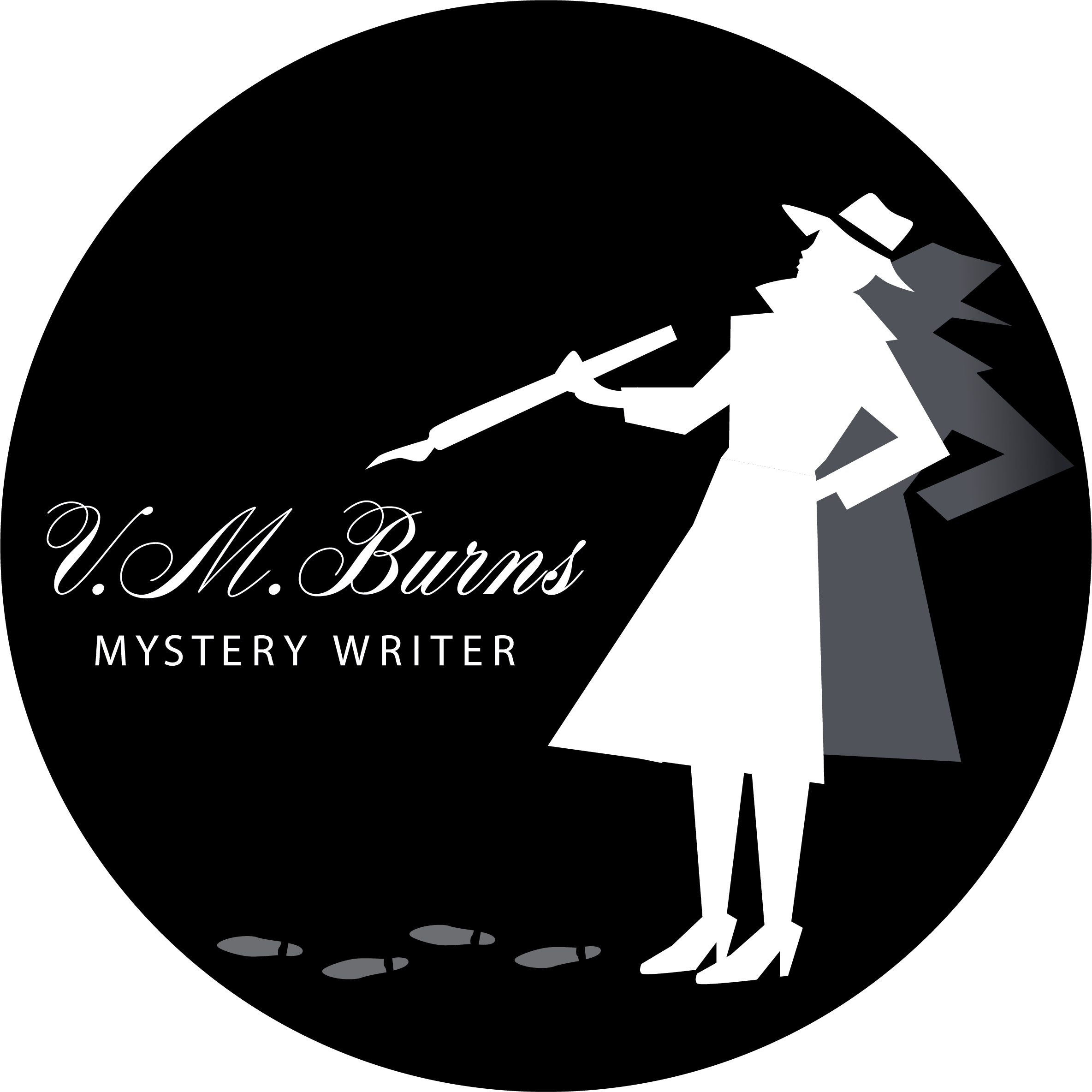Now that I’ve finished my Masters of Fine Arts degree and have a completed mystery manuscript, the number one question I am asked is, when will your book get published? Good question. So, I thought I would detail the lengthy process for getting a book published. This post will focus on the traditional publishing route (because life would be too easy if there were just one way to do things).
When I first started writing, I thought writing a complete manuscript would be the biggest challenge I would face in my quest to become a published author (silly wabbit). I had ideas for mysteries, but complete mystery novels are 65,000 – 90,000 words. You need more than an idea to fill close to 300 pages. Coming up with appealing characters, an attention-grabbing plot and subplots, clues and red herrings (false clues needed in a whodunit), seemed like a monumental task. Thanks to Seton Hill University and my mentors, critique partners, and a lot of hard work, I managed it. But now the real work begins.
In a perfect world a writer writes her book. She revises and edits it and then she edits it some more. When she has revised to the point where she not only hates all of the characters in her book but questions why she thought the book was a good idea in the first place, then she is ready to start sending out query letters. Query letters are letters sent to literary agents in the hopes of finding one person who is excited about your work and is willing to represent you. Reputable literary agents do NOT charge a writer unless he or she sells your book, therefore they tend to be really particular about taking on new projects.
Why do I need an agent you ask? They negotiate book deals and serve as a liaison between the writer and the publishers. The agent will then shop the manuscript around to publishers and will HOPEFULLY sell your manuscript to a publisher. That agent will then get between 15 -20 percent of the total sale of your book as their commission. Some publishers (usually the big 5) will not accept manuscripts that don’t come from an agent. So, I set out to find an agent.
Sounds easy enough right? Find an agent. There are lots of websites and books to help identify agents who might be interested in representing you. Some of my favorite websites include: Querytracker.net, Agentquery.com, and manuscriptwishlist.com. These are a host of other sites, but I have to draw the line somewhere (or you’ll spend all of your time surfing websites rather than writing). These sites allow you to use search criteria to identify agents who are a) open to receiving submissions (some aren’t or will only review submissions if you have been referred by someone they know), b) looking for your specific genre (not everyone likes cozy mysteries – go figure), and c) provide not only the agents contact information but also their submission guidelines. Yes, each agent/agencies submission guidelines are different (sometimes agents within the same agency have different guidelines). Some agents only accept electronic submissions. Some agents want the query or pitch plus the first five pages, the first ten pages, the first three chapters and/or a one or two page synopsis of the manuscript (guess what, these vary by agent also. Single spaced, double spaced, etc). So you find an agent. You send the query and then, you wait. Most agents receive hundreds of submissions daily. Responses, if the agent provides them, can take anywhere from four to six weeks to six months (and yes, that means some agents don’t respond unless they’re interested in representing you). If you’re lucky, you get a response back saying they want to read more. They may ask for a partial (more pages) or a full (the entire manuscript) to read so they can decide whether they want to represent you. Plan on waiting another six weeks to three months for a response on this. Oh and because life isn’t complicated enough, some agents require exclusive submissions (if you submit to them, you can’t send to anyone else while they are deciding).
Do you have to get an agent? No, you don’t. But again, many publishers won’t accept manuscripts unless they come from an agent. Besides, do you know any publishers? I don’t. I also don’t know the first thing about negotiating contracts, dealing with cover artist, distributing books, printing, taxes or much of anything else except cozy mysteries. There are a lot of writers who are a lot smarter than I am. They write, publish and sell their books online. I’m not that smart.
So, in answer to the question, when will my book be published? The answer is, beats me. But don’t stop asking. Hopefully, I’ll be able to answer that my agent is working on it.
